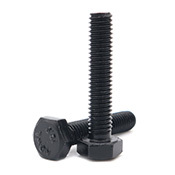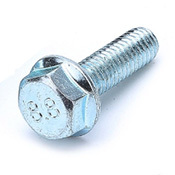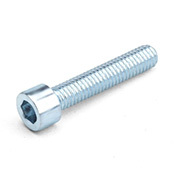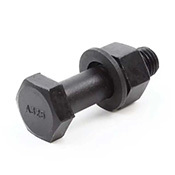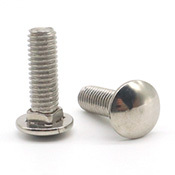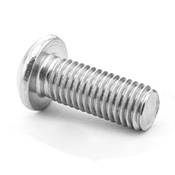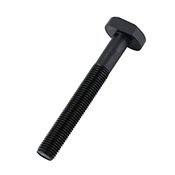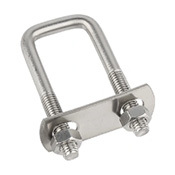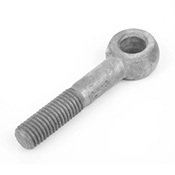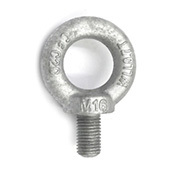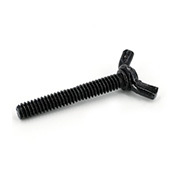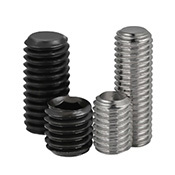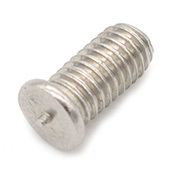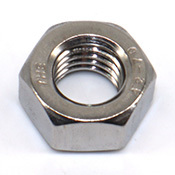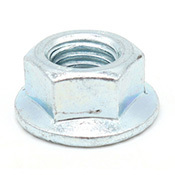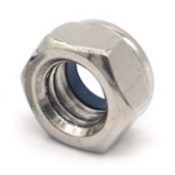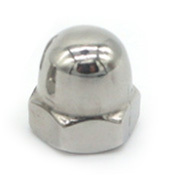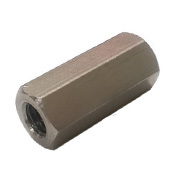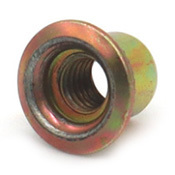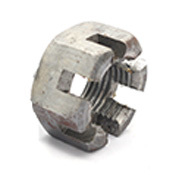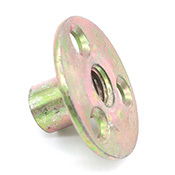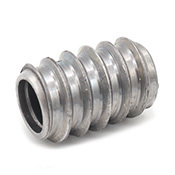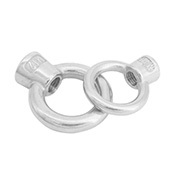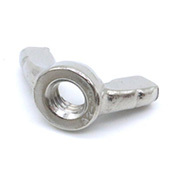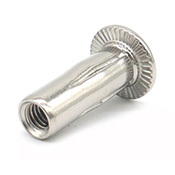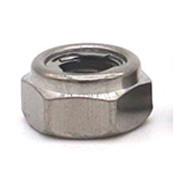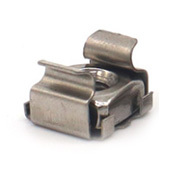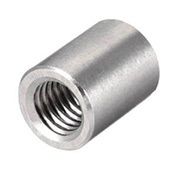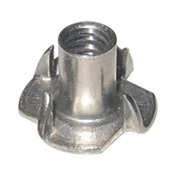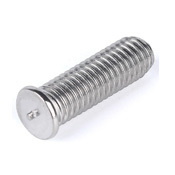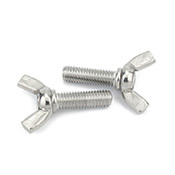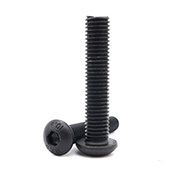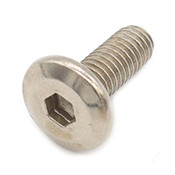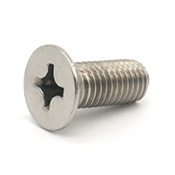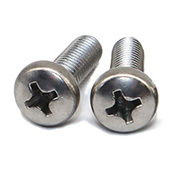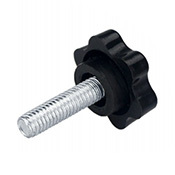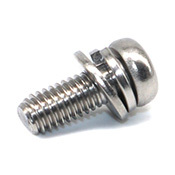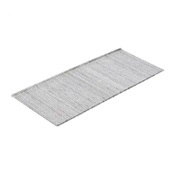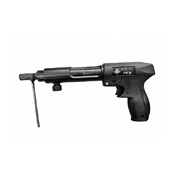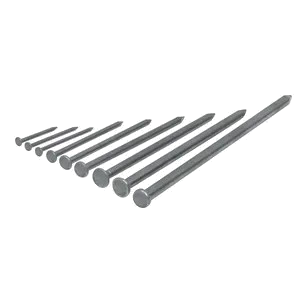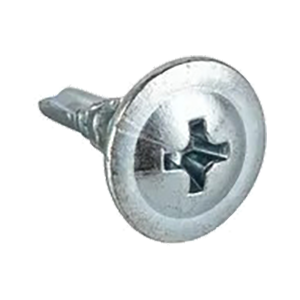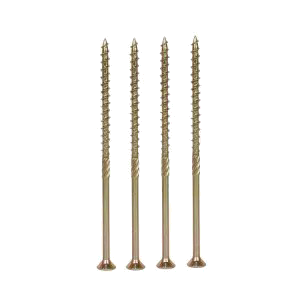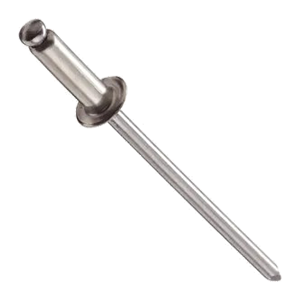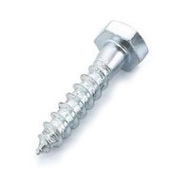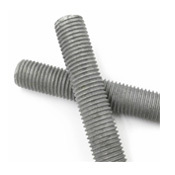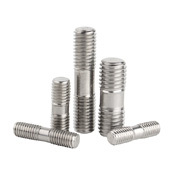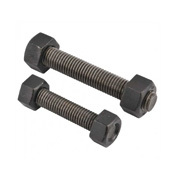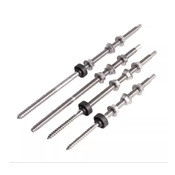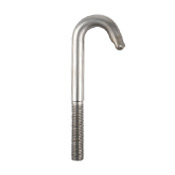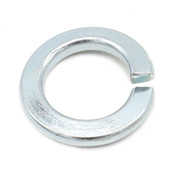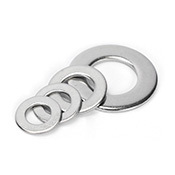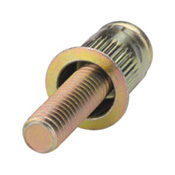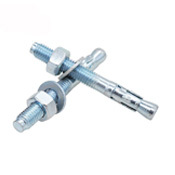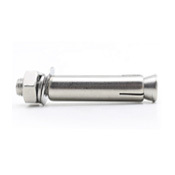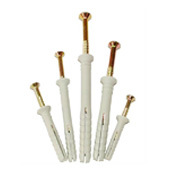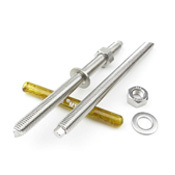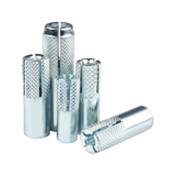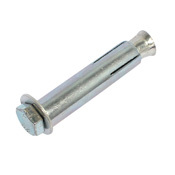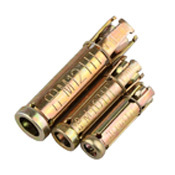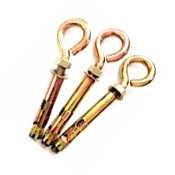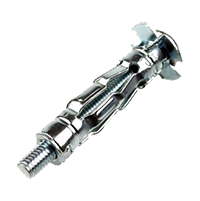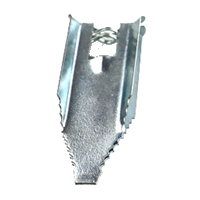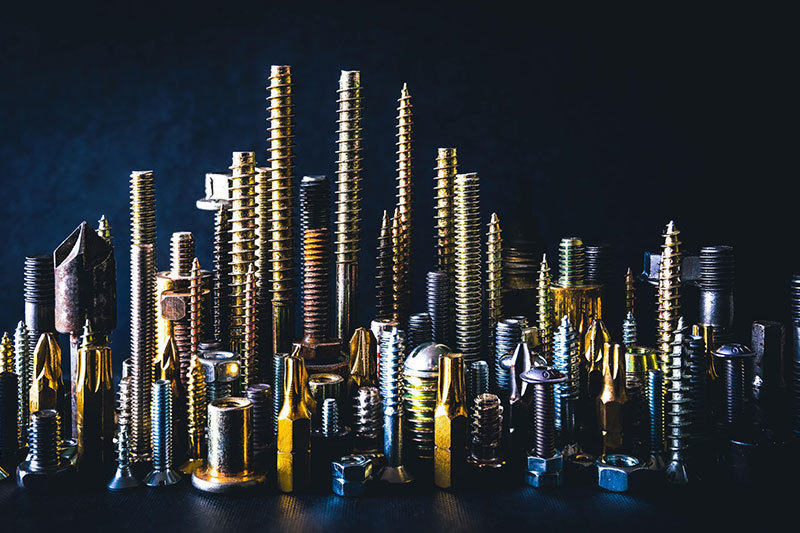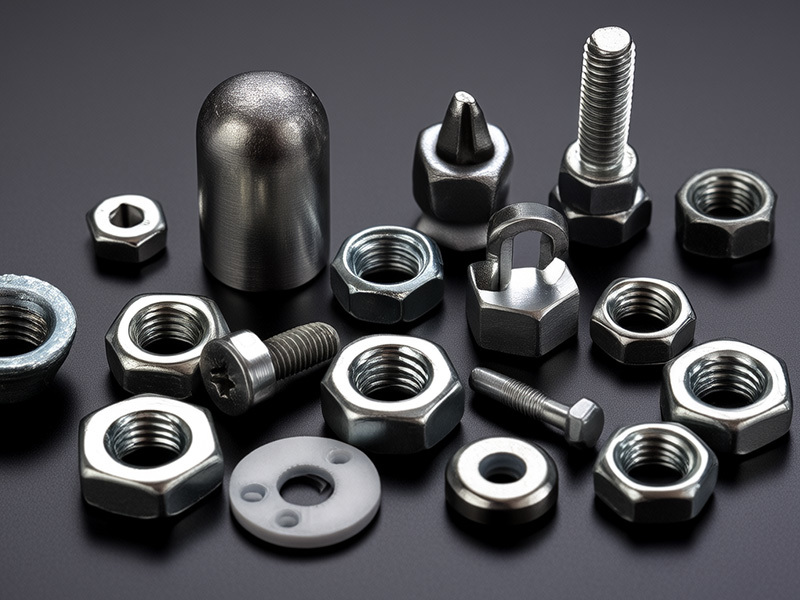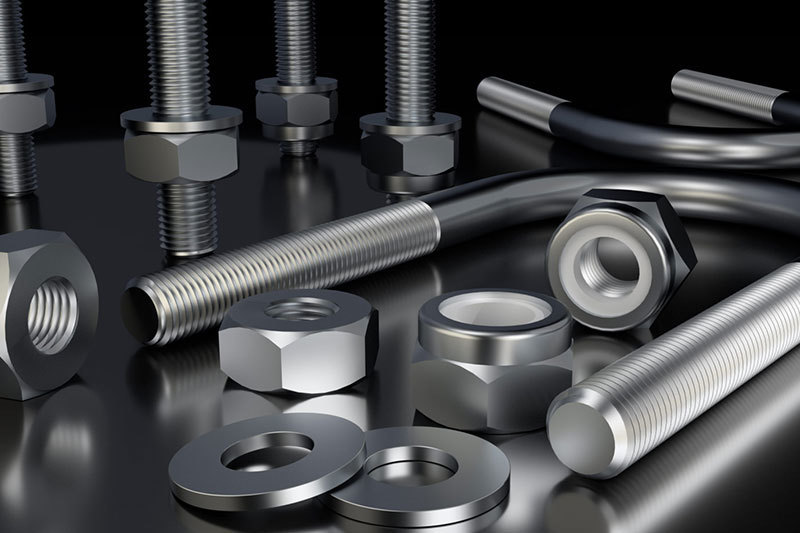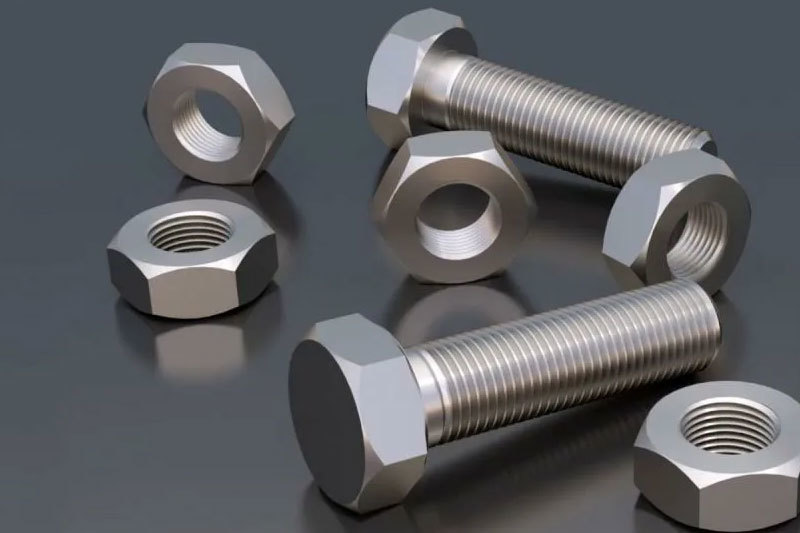Flat Washers: The Unsung Heroes of Fastening Applications
Oct 08,2025
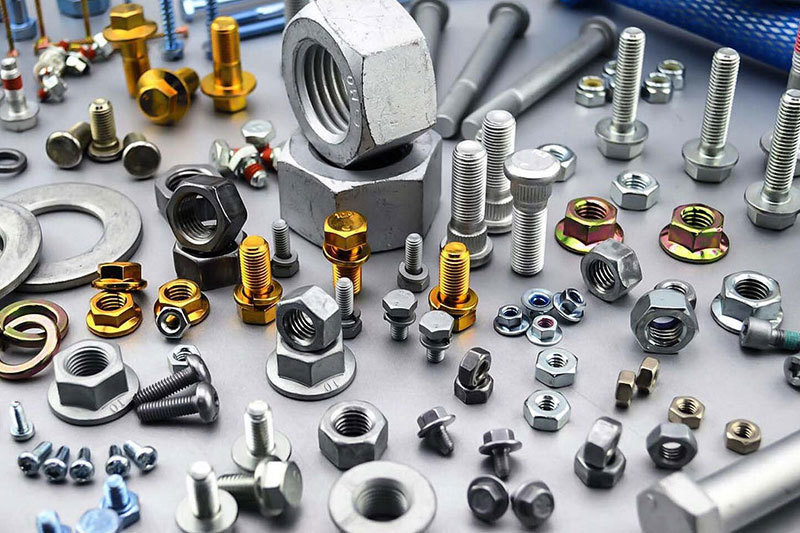
Introduction to Flat Washers
When it comes to fastening, one might not think about the tiny components that play an enormous role in ensuring everything stays put. Enter flat washers, the unsung heroes in the world of hardware! These simple, disc-shaped pieces are more critical than you might think, serving a multitude of applications in various industries. Buckle up as we explore the fascinating world of flat washers!
What Exactly Are Flat Washers?
Flat washers, in their simplest form, are circular plates with a hole in the center, typically made from a variety of materials like metal, plastic, or rubber. They may seem trivial, but their significance is often overlooked. By distributing the load of a threaded fastener, flat washers can prevent damage to the surfaces being joined and enhance overall stability.
Why Use Flat Washers?
You might wonder, "Why bother with flat washers?" Well, here's the scoop: they provide a larger bearing surface, which means they can significantly reduce pressure on the fastened material. This is especially important in applications where vibration or thermal expansion may cause loosening over time. So, whether you're a DIY enthusiast or a seasoned engineer, flat washers should definitely be on your radar.
Some Common Applications
Let's dive into some practical applications where flat washers shine:
- Electronics: In the world of electronics, flat washers help secure circuit boards and components, ensuring they remain stable even when exposed to heat.
- Automotive: In vehicles, flat washers are pivotal in preventing damage to surfaces around bolts and screws, especially in high-vibration areas.
- Construction: Builders often use flat washers to distribute loads when fastening beams and other structural components, ensuring safety and integrity.
- Home Improvement: From assembling furniture to securing kitchen appliances, flat washers are handy little helpers in DIY projects!
Choosing the Right Flat Washer
Now that you're familiar with their applications, let's talk about selection. Not all flat washers are created equal. It's essential to consider factors such as size, material, and thickness. For instance, using a rubber flat washer in a plumbing application can prevent leaks, while metal flat washers are better suited for high-stress environments.
Material Matters!
Here's a quick rundown of common materials:
- Steel: Durable and strong, making them perfect for heavy-duty applications.
- Stainless Steel: Corrosion-resistant, ideal for outdoor or marine settings.
- Plastic: Lightweight and non-conductive, great for electrical applications.
- Rubber: Excellent for sealing and preventing leaks.
Installation Tips for Flat Washers
Installing flat washers is a breeze, but a few tips can help ensure they do their job effectively:
- Clean the Surface: Always start with a clean surface to ensure a tight fit.
- Use the Right Size: Choose a washer that matches the bolt size to prevent slipping or movement.
- Tighten Evenly: When fastening, ensure even pressure to avoid warping or damage.
Conclusion: The Mighty Flat Washer
In the grand scheme of things, flat washers may be small, but they are mighty! Their diverse applications across various industries make them indispensable. The next time you're working on a project, remember these little round wonders that keep everything securely in place. Flat washers – who knew such a little piece could make such a big difference?
TAG:
Related Posts
Application and Development of Fasteners in Automotive Industry

Tel/WhatsApp:
Sales E-mail:
The company's main products cover six categories, including nuts, bolts, screws, threaded rods, flat washers and sleeve anchors.
MESSAGE
We will contact you within one working day. Please pay attention to your email.
COOKIES
Our website uses cookies and similar technologies to personalize the advertising shown to you and to help you get the best experience on our website. For more information, see our Privacy & Cookie Policy
COOKIES
Our website uses cookies and similar technologies to personalize the advertising shown to you and to help you get the best experience on our website. For more information, see our Privacy & Cookie Policy
These cookies are necessary for basic functions such as payment. Standard cookies cannot be turned off and do not store any of your information.
These cookies collect information, such as how many people are using our site or which pages are popular, to help us improve the customer experience. Turning these cookies off will mean we can't collect information to improve your experience.
These cookies enable the website to provide enhanced functionality and personalization. They may be set by us or by third-party providers whose services we have added to our pages. If you do not allow these cookies, some or all of these services may not function properly.
These cookies help us understand what you are interested in so that we can show you relevant advertising on other websites. Turning these cookies off will mean we are unable to show you any personalized advertising.







